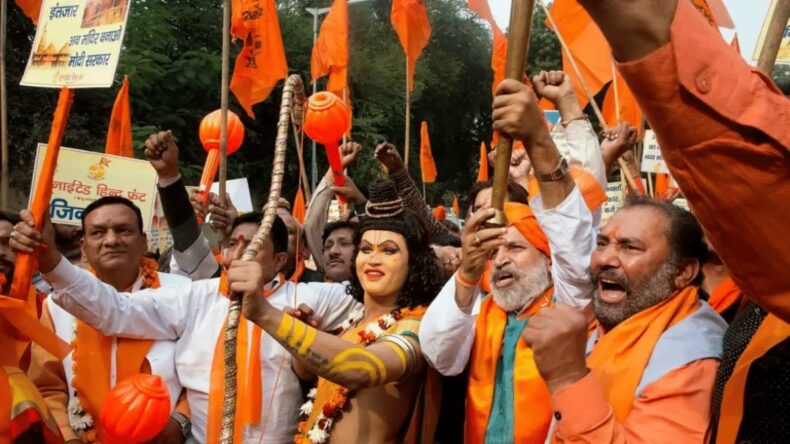The subject of a major political debate in India is an epic poem from the 16th century that is based on the biography of the revered Hindu deity Ram.
Many academics consider Ramcharitmanas to be one of the finest literary works ever produced. According to renowned novelist Pavan Varma, it is a highly intellectual masterpiece that is comparable to the Bible for many Hindus.
About Ramcharitramanas
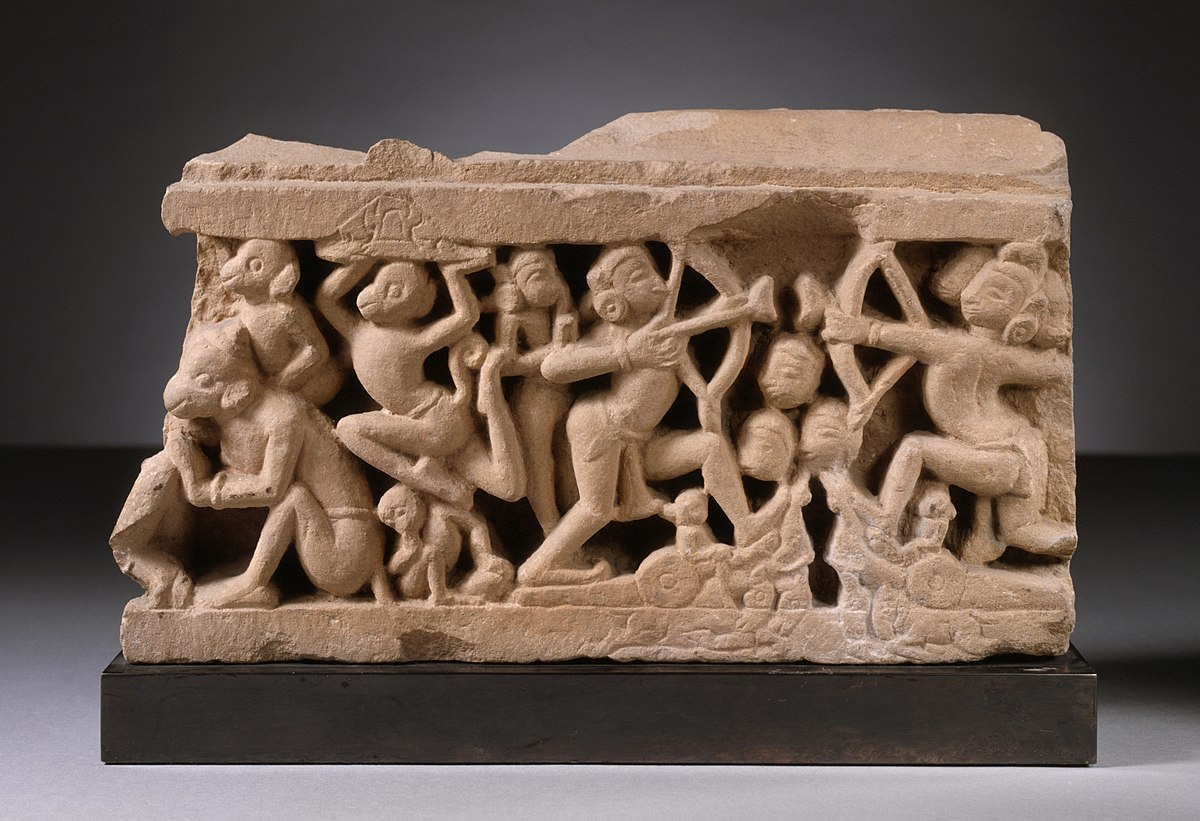
The poem was composed by Tulsidas and is a retelling of the Ramayana, a Sanskrit epic by Hindu philosopher Valmiki that dates back 2,500 years. It is generally accepted that Tulsidas’s translation, which is written in Awadhi, a language that is closely related to Hindi, is what made Ram’s narrative famous and accessible to the general public.
Every year, during the Dussehra holiday, plays are produced all throughout India depicting the tale of the crown prince of Ayodhya and his triumph over the demon king Ravana. Millions of Hindus adore him as a deity because of his sense of fairness and justice.
Political Protests Over An Epic
Politicians from rival parties, however, have been debating recently whether the wording is offensive to both women and Dalits, who are at the bottom of India’s severely discriminatory caste system
Tulsidas’s epic, which was written more than 600 years ago, has been criticized before, but this time is different because of the size of the protests from both its followers and detractors. Politicians on opposing sides accuse one another of manipulating the issue over the book to divide voters along caste lines as India prepares for its general elections in a year.
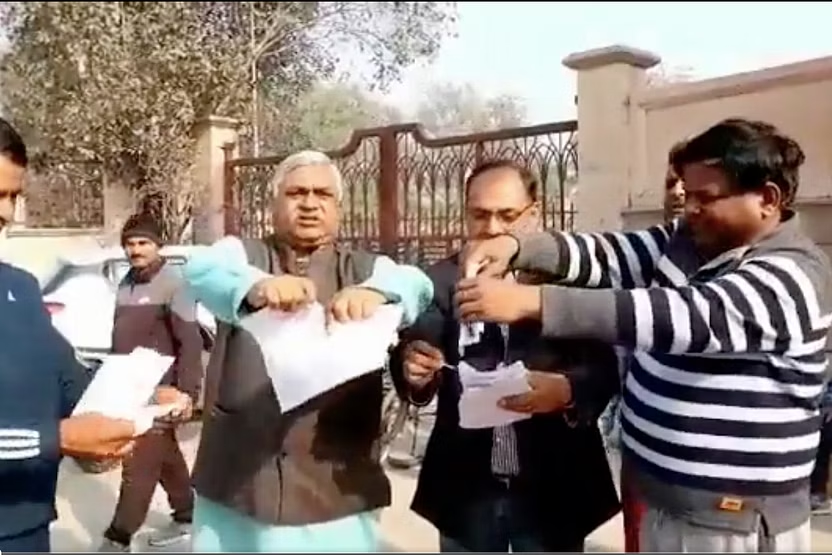
Since January, demonstrators have purportedly burnt pages from the book that included extracts, while counter-protests have been staged calling for the arrest of the book’s detractors.
At least five people have been detained on charges of desecrating the holy book, and at the weekend, police charged two of the detained men under the harsh National Security Act (NSA), a measure that makes posting bail extremely difficult.
Beginning of The Controversy
The controversy began in January after a minister from the Bihar state in the north said that the book was promoting enmity in society. Education Minister Chandrashekhar who goes by one name only—read a few verses from the Ramcharitmanas to a group of college students to support his argument.
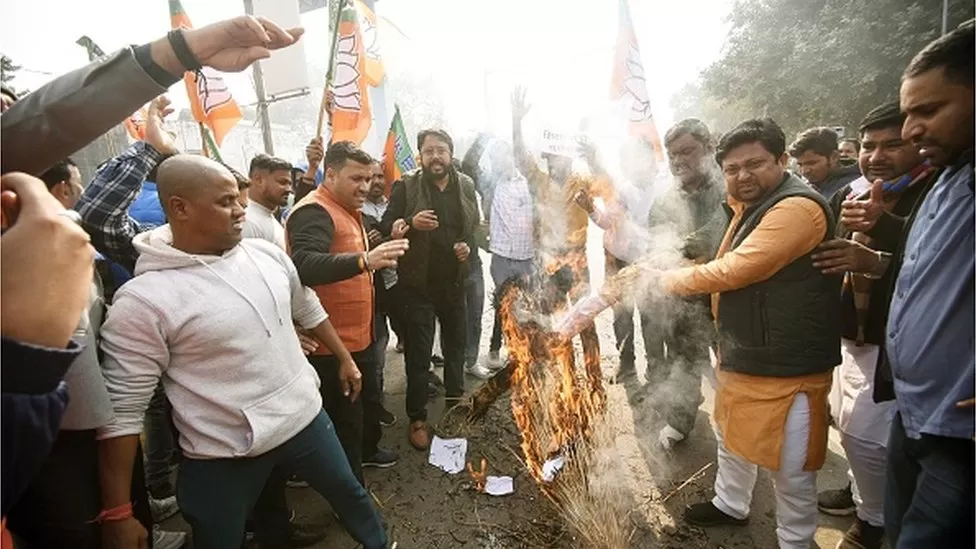
He said also that it claims that if people from lower castes gain knowledge, they turn dangerous, much like a snake turns venomous after consuming milk.
A few days later, Swami Prasad Maurya, a well-known representative of the socially disadvantaged Other Backward Classes (OBC) community and a local Samajwadi Party member in the state of Uttar Pradesh, made a similar statement.
He insisted that certain Ramcharitmanas verses were offensive, and he requested that they be taken out of the book.
He asks why we should insult someone because of their religion. He honors every faith. However, it is unacceptable if a caste or group is denigrated in the name of a religion
Petitions to Modify the Hindu Epic
He requested them to delete the undesirable sentiments, which are derogatory and disrespectful against women, tribals, Dalits, and backwards in a letter he sent to India’s prime minister and president on Wednesday.
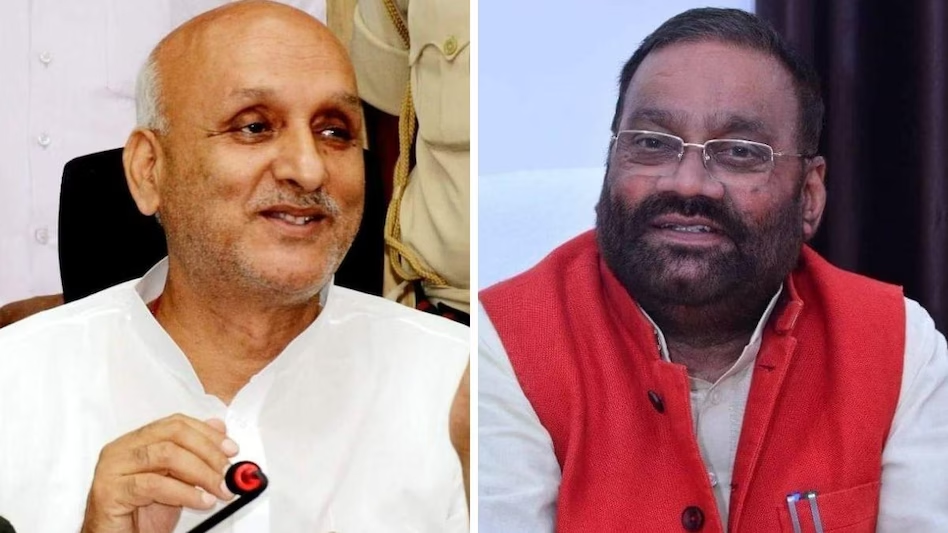
The remarks made by Mr. Chandrasekhar and Mr. Maurya, whose Rashtriya Janata Dal party rules Bihar, sparked a political uproar with Hindu nationalist organizations and individuals, including members of India’s ruling Bharatiya Janata Party (BJP), criticizing them.
Nandkishore Gurjar, a legislator with the BJP, claimed he had written to the Supreme Court to seek Mr. Maurya get the death penalty. A well-known Hindu seer in the temple city of Ayodhya urged the Bihar minister to apologize and resign.
Outrage Among the Demonstrators
Demonstrators in Uttar Pradesh burned Mr. Maurya’s effigies and reported him to the police, calling for his arrest.
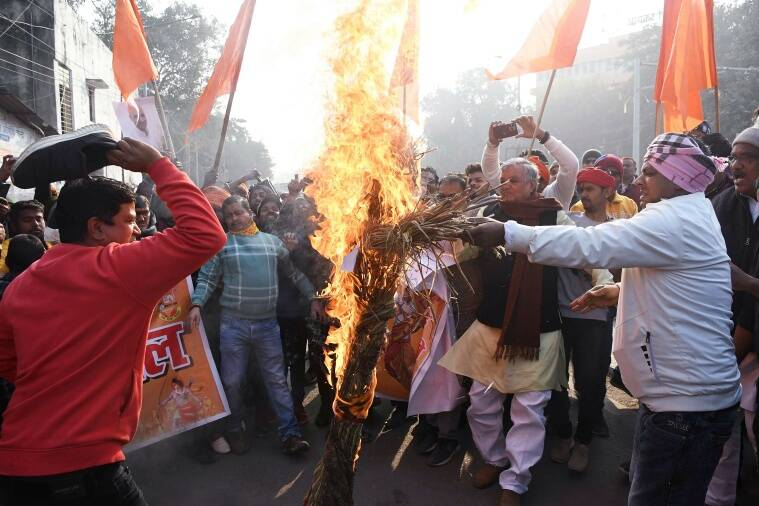
Source:- The Indian Express
Soon, organizations who backed Mr. Maurya also joined in. Some sheets containing extracts from the Ramcharitmanas were burned at a rally held in his favor by members of the Akhil Bharatiya OBC Mahasabha in the city of Lucknow; the five men who were detained had taken part in this protest.
Ramcharitmanas and whether the criticism is justified in a nation where the constitution declares that all Indians are equal have also come under increased discussion as a result of the dispute.
Feminists & Dalits Point Of Views
Over the years, feminists have condemned it, particularly the phrases “a drum, an ignorant man, a Dalit, and a lady, all ought to be beaten or scolded.”
According to Hindi’s Prof. Hemlata Mahishwar of Delhi’s Jamia University, it’s not just one or two lines but there are multiple verses in the Ramcharitmanas that are offensive to Dalits and women.
A Brahmin ought to be adored even though he is full of vices, according to one couplet. A Dalit, however knowledgeable in Vedic literature, cannot command respect. So how can we approve of a literature that is so prejudicial?
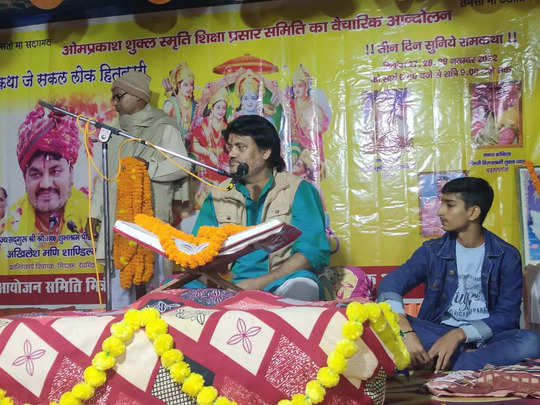
The contentious passages are stated by his characters and cannot be interpreted as the author’s perspective. However, some academics claim that Tulsidas was not a reformer and did have his prejudices.
Ramcharitmanas specialist Akhilesh Shandilya said that the phrases only come across as anti-Dalit and anti-women when read out of context.
However, detractors contend that because Ramcharitmanas has such a strong hold on Indians’ imagination, it must be read in the context of today and merits close examination and debate.







